In late decades a country has outdone all of the others. China was used to see as a rustic, poverty-stricken, and the paranoid nation. Then, it has become one of the world’s largest industrial countries and its greatest exporter. Every year its population keeps becoming richer. What’s the behind of that quick turn around?
That review explains to you just how China has succeeded in becoming one of the world’s directing economies. Additionally, they explain to you how that growth had caused huge knock-on effects on Chinese society as a whole. Maybe the most important thing is that the nation is leaving behind its traditionally centralized and autocratic roots and moving forward to a more individualist and open community.
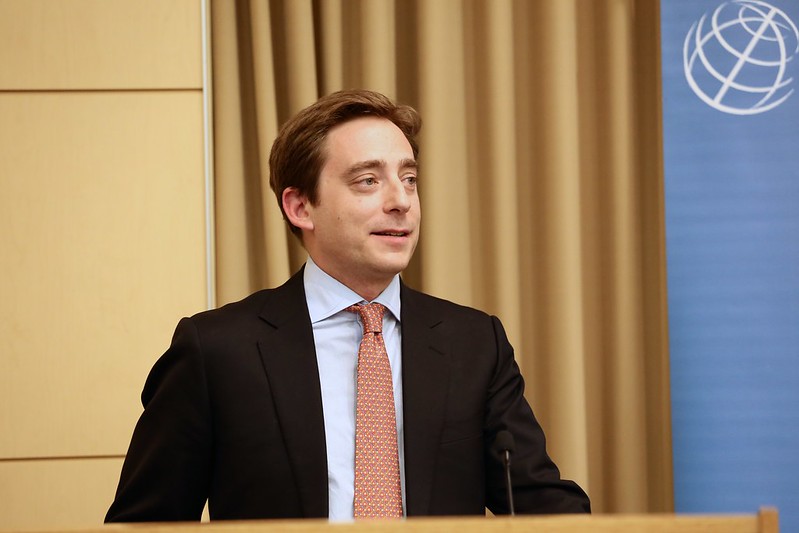
Try Audible and Get Two Free Audiobooks
Chapter 1 – Since the 1980s China has been witnessing a drastic boom in its economy and it continues to grow today.
The Chinese economy, with no doubt, has an unbelievable success story shifting the country from poverty to a relatively, and mostly, the prosperous state within only a couple of decades and has paved the way for its main role in today’s world.
In fact, China’s economy has increased in size of approximately eight percent a year based on GDP. That is, it has turned up as its doubled size every seven to eight years!
While the United States has grown only three percent between 1989 and 2014, China which has by far the fastest-growing economy averaged at the rate of nine percent during the same time span.
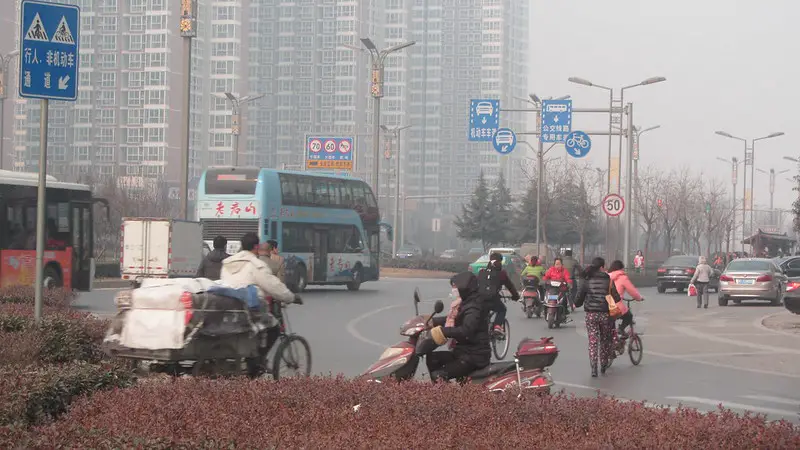
There’s also an outstanding rise in the income along with the impressive GDP growth of China and this rise still keeps mounting up.
To name an example, one should know about the fact that an average Chinese man had an insufficient amount of 200 dollars as an income in 1978.
However, today a Chinese man earns approximately 6.000 dollars, 30 times that amount paid back in the late 1970s apart from the wages that keep improving just like the country’s economic status.
Besides, all these achievements of China, regarding its economic steps to improve itself, has brought the country a tremendously rising significance as an exporter among its peers.
Back in 1999, China had accounted for only less than a third of the United States’ exports which is the largest exporter and that placed China at number nine in the global ranking of exporters. However, China succeeded to place itself in the first place within less than a decade.
Without any doubt, China’s economy is growing and that brings us the question: why?
Chapter 2 – China’s financial increase’s start came from its peasants, not from some brilliant political strategy.
Still being a country suffering from poverty in the 1950s, China was struggling with economic problems. People living in China had a mere third of per capita income than that of those in sub-Saharan Africa. So, what caused this significant growth?
Let’s start with what backfired: When Mao Zedong took a step to get China out of poverty, it did not go beyond failure.
To get rid of the old-fashioned and insufficient economy, Mao Zedong had launched an economy program, called as the Great Leap Forward, that aimed at the prohibition of private farming in 1958.
Although the plan had seemed to be on its way to work out and that Chinese people saw some improvement in the economy at the very beginning, the program was not much of some help but made the country ledge behind where they had already been.
China experienced a severe recession and a drastic famine that caused millions of people to die- 30 to 45- which was more than the total casualties of World War One!
While struggling against poverty, farmers had to look for another way of sustaining their lives. In the village of Xiaoguang, 18 farmers with limited finances made a treaty to allocate the land of the collection between them and cultivate it separately and guaranteed to keep each other’s family in safe hands in case of arrest.
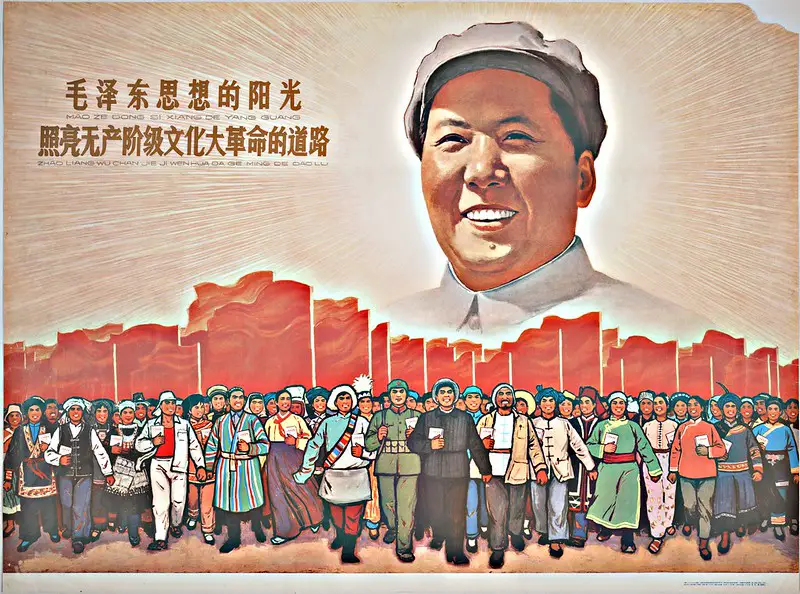
These farmers decided to put their surplus yields on sale so that they could earn 20 times much than they were doing before and made a profit when the government wanted mostly the major amount of portion of their harvests.
As time goes by, this has been seen as a model for others as well and caused supermarkets to flourish in away.
When the Chinese government found out about this scheme, they allowed it because it was promising an eventual success. They started enlarging it by 800 million Chinese farmers from 1979 onward and China witnessed a boom in GDP.
In the following years, the freedom to start private or semi-private businesses began expanding on to the other sectors as well thanks to the leader Deng Xiaoping. This policy resulted in the emerging of new small enterprises and an economic boom.
Chapter 3 – Chinese society is starving for achievement.
In 1966, Mao Zedong, aiming to construct a society where each individual is equal, started a radical socio-political movement that is called as Cultural Revolution. The military, for example, abolished ranking and Party stopped promoting competitive sports so as to contribute to their culture with even higher solidarity.
The Chinese leader Deng Xiaoping’s attempt to give approval for all sectors to start their own businesses made an overwhelming appetite for their ambitions and this urge is still a characteristic of many Chinese people today.
For example, Chinese people have their same dream as Americans, “bare-handed” fortune. Therefore, Chinese news is full of people getting rich through their hard-working.
As a successful story, Gong Haiyan, who was raised in a small and distant village by illiterate parents, somehow received a fruitful education and founded an online dating site that would be the largest in China tare on and would earn her about 80 million dollars by 2011.
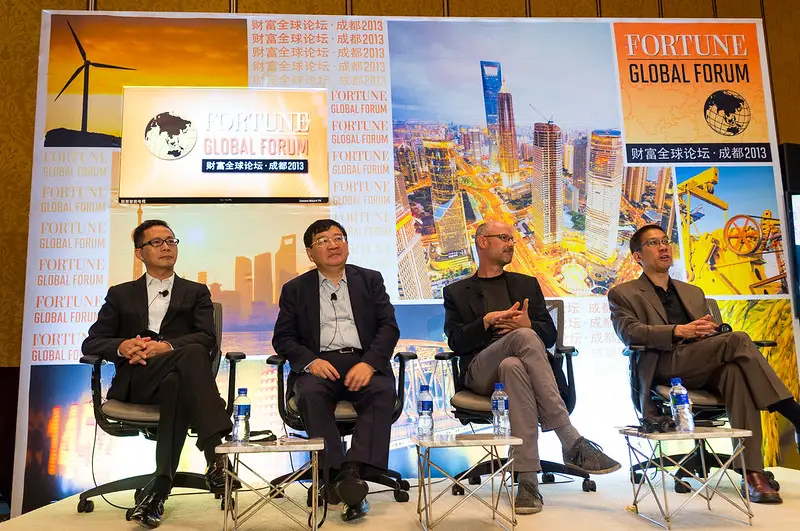
Apart from Gong receiving a great education, there are so many self-made millionaires starting without getting an education like the street food vendor who became a Chinese fast-food tycoon.
Besides, many of the Chinese people are looking for a modest education, let alone a prestigious one. Many of the country’s nouveau rich had only mediocre education by living in villages.
They try to make up for this by sending their kids to the prestigious high schools, which is still a trend that gets popular even today. Compared to 2005 when only 65 Chinese students enrolled in American private schools, this number went as high as 7.000 over the next five years.
Besides, despite the government’s attempts to increase the capacity of colleges and high schools to supply the increasing demand, only one out of four promising students can hope to matriculate each semester.
Chapter 4 – China’s money is disseminated quite unevenly, which leads to increases in public discontent.
Many Chinese biographies state the incarnations of the American dream: the dynamic economy and the over-privatization in sectors made people think that everyone could achieve anything as long as they show willingness and put enough effort into it.
However, that point of view was highly exaggerated.
Although China is well-known for its economic prosperity and welfare in trade, people in China are faced with an enormous gape, a gape that is comparable to that of between the United States and Ghana, of uneven income rate that causes the rich to be richest and the poor to be poorest.
To emphasize the situation and to make it clear to understand better this disparity, which actually causes the ten percent of urban people 9.2 times the amount earned by the poorest, think about this: it takes pooling all their annual income of eight to ten people to buy a typical apartment in a Chinese city.
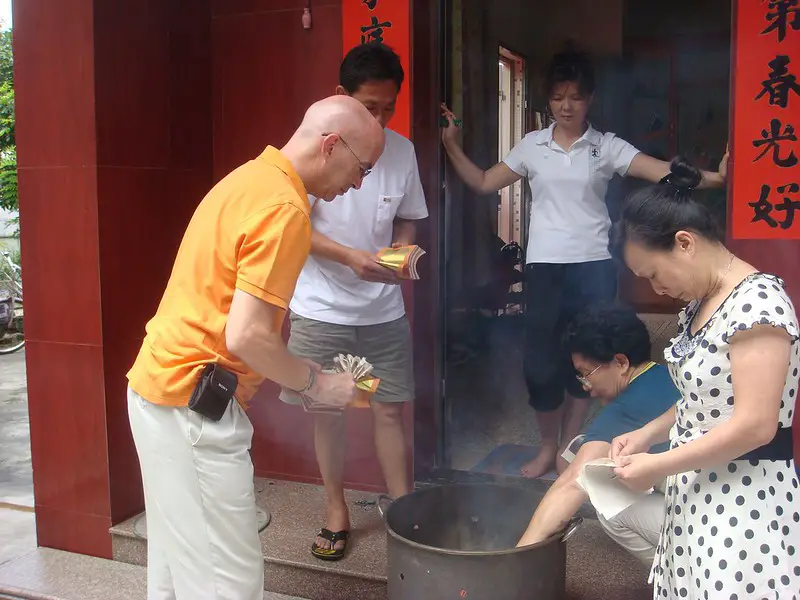
In other words, a child of an average worker surrounded by similar people from similar socioeconomic status is most probably doomed to struggle to achieve his or her social and economic mobility.
Sociologists carrying out studies concerning China’s emerging middle class have concluded that people in the middle class who suffer from unequal opportunities and the major socio-economic gaps are aware of this disparity and that is what makes them unhappy, resulting in riots and protests doubled in number between 2004 and 2009.
As it can be seen clearly, the idea and opportunity of starting up and promoting new enterprise have not prevailed equally among Chinese people.
The following chapter will focus on how the Chinese government tried to gain control over the disruption as a result of this disparity and how citizens deal with that.
Chapter 5 – Dissidents and protesters confront ruthless punishments.
China is a place where, like most in the modern world, citizens have freedom of speech and of the press.
However, the fact that the constitution has no legal right to interfere with the Party leads to abuse of so many civil rights, such as the arrest of Liu Xiaobo, a writer, and civil rights activist, simply for starting a civil rights initiative that targets to collect signatures for charter 08, a declaration on civil rights supported by thousands of Chinese intellectuals.
Liu Xiaobo was found guilty of “subversion of state power” and penalized with imprisonment for eleven years.
As another example, Chen Guangcheng is a strong supporter of women’s rights and a self-taught lawyer who was also arrested for organizing a lawsuit against local authorities who strongly enforced the one-child policy.
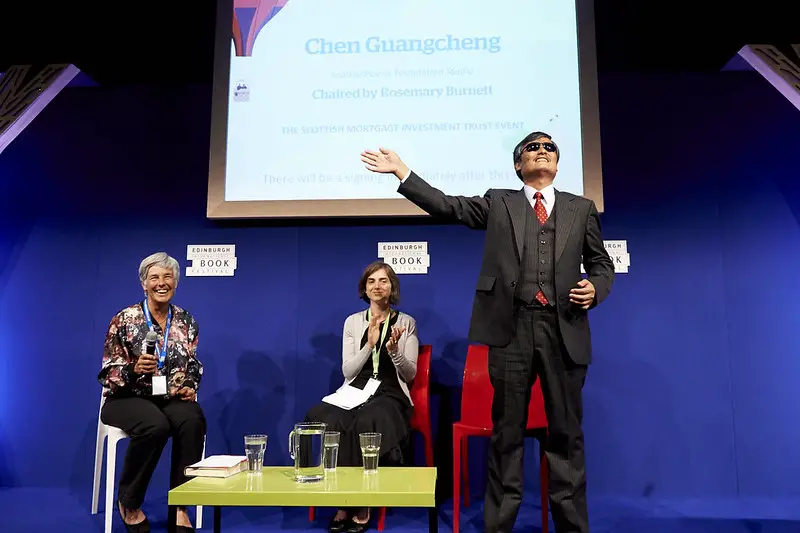
For the lawsuit, Chen gathered the accounts of women who had been forced to abortion or to the sterilization against their will.
Chen was ridiculously found guilty of “destruction of property” and “assembling a crowd to disrupt traffic” and was sentenced to four years in prison after being placed under house arrest.
Besides, your attendance even in a peaceful demonstration, such as silent protests, can cause you to face Chinese sanctions by authorities.
In 2011, for instance, protesters answering the calls of pro-democracy activists, who had organized protests concerning the Chinese Jasmine Revolution via social networking sites, were beaten up and arrested by police officers.
For the next few weeks, protests took place, this time they were silent, but with the confrontation by police officers and arrests.
As a result of these arrests, 200 people, including journalists, were questioned, and sent to the prisons or disappeared somehow.
Chapter 6 – The Central Publicity Department endeavors for maximum authority on public life within China.
Although it is a well-known fact by so many people that Chinese media isn’t exactly free, few know who has control over it: The Central Publicity Department, having no local address despite being located next to the central government building, operates in disguise.
Despite having control over 2.000 newspapers and 8.000 magazines, films, and TV channels, the Department keeps leaving no trace and succeeds to be invisible to so many people.
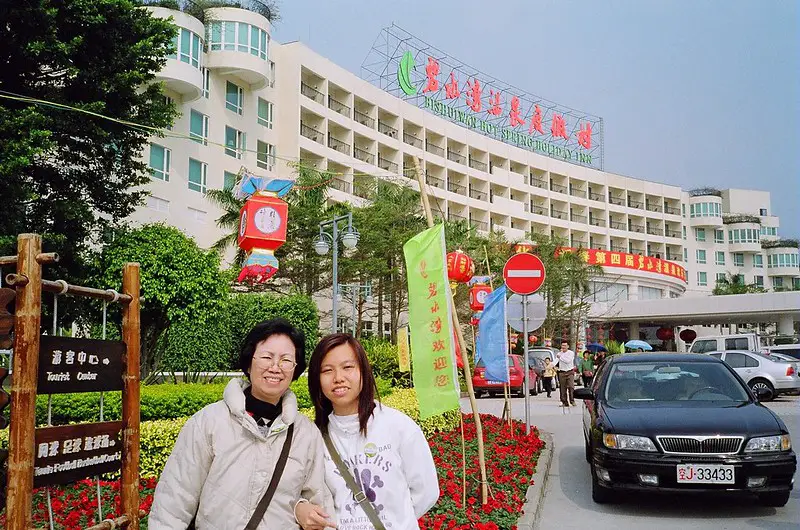
The fact that media representatives are forced to attend a weekly meeting where they are shown and told what to leave out or what to give information while giving news on a TV program by the department shows its extensive control over the media throughout China.
Such incidence can be given as an example when the SARS epidemic broke out in Guangdong where newspaper editors were forced to write in a way that shows no panic or cause no criticism as if the government was handling it efficiently.
Back in the time, the Department went too far even to control the largest endowment for social sciences and to ban words like “totalitarianism” from all search on the Chinese political system.
The Department has extended its control over media tools, had power even to question and ban books, films, and fire authors against the Chinese government.
By looking back on the works of American studies, PR specialists like Harold Laswell, and any other international scientists and foreign governments, the department has enlarged its authority and become more knowledgeable in recent decades.
Chapter 7 – The government attempts to control the internet, but users nonetheless discover methods to transfer thoughts.
Although Central Publicity Department helps the Chinese government have control over domestic media tools, such as TV programs and radio, it can not help with the internet which is an international platform where people from all other countries come together virtually.
Despite its struggle to control over the internet, the Party is trying to block the international news sites, such as the New York Times and Facebook in order to prevent the flow of influential political ideas, while the national search engine of the country “Baidu” disguises all the results concerning politically sensitive and influential words.
For example, when you want to learn about Tibetan independence or freedom of speech, you’ll have no chance but to see the blocked white screen that has no access to China.
Department tries to have an active role in online political discussions in order to see the spread of unwanted ideas and it does it by paying others to distract the way discussions go, and these people are called “usher of public opinion”.
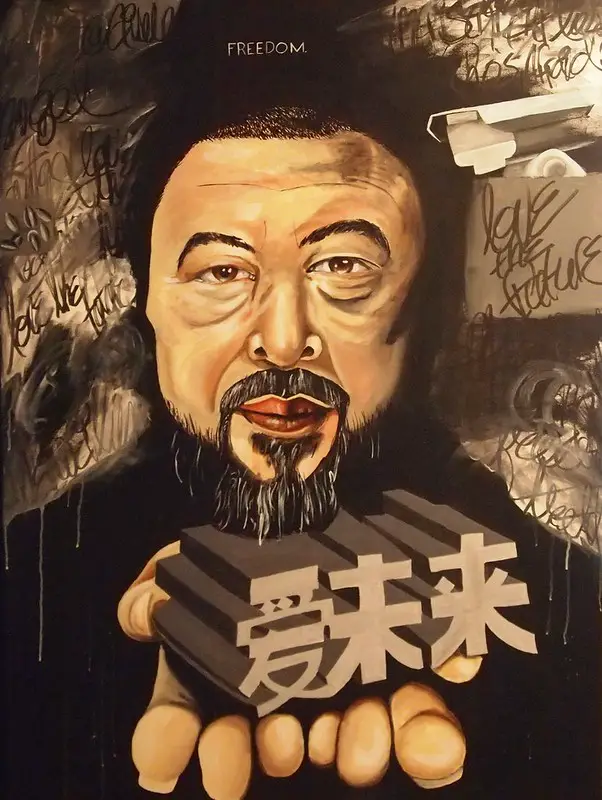
For example, if people on the discussion criticize the high prices demanded oil, “usher of public opinion” will reply in a way to provoke and change the way discussion shapes like saying: “You are too poor to drive a car! Peasants like you shouldn’t be on the road anyway!
No matter how hard the government tries to hide or to block the access of sites where the exchange of political ideas could take place, it cannot completely eliminate the ways people could get access.
People find ways to log into blocked networking sites like Facebook or search engine results by changing the Chinese character with similar ones.
Internet is a huge platform that enables its users to post texts or photos online without needing the approval of the government, which enables them to share and download free and without governmental censor.
This is exactly what followers of the famous dissident did with the blog of Ai Weiwei before the government shut down his blogs in 2009.
Chapter 8 – Today lots of Chinese people expose and discuss censorship and manipulation of government.
With the popularity of the internet throughout China, people now have an option to use it for learning and noticing the government’s manipulation and its tricks on China’s public.
Whenever the photos have been altered by the Party supporters, people notice and comment on the posts that officials changed to seem more imposing.
Such an example can be given when Hu Janto the president of China was reportedly visiting a family of low income.
However, it turned that the mother affiliating with the government before the visit was actually a civil servant.

As another example, a blogger identified a piece of news as false when the government supposedly claimed China’s newer fighter jet while it was actually a snippet from Top Gun with Tom Cruise’s character destroying a soviet MIG!
When these tricks were brought up to the surface as false, it led public outrage and ridiculed which naturally did not help the Party’s credibility.
The Internet enables its users to notice all the hoax and manipulated posts made by their country. For example, the disappearance of the posts of best-selling author Han Han was noticed immediately and they were posted in overseas countries where no one can delete them.
Despite all the opportunities to uncover the government’s manipulation and alteration and manipulation, any kind of political information or criticism against the government stays dangerous as there’s still punishment for it.
Chapter 9 – Corruption is growing in China
The conflict between a modern, improving economy and a recessive, totalitarian government is striking. However, these conflicts are interrelated as the more economy improves, the more bribery people and officials will take under the repressive policies of the government.
In fact, corruption started when the government allowed new enterprises to start up in 1992.
Privatization and allowing people to open up businesses made officials have so many opportunities to accept bribes in return for a license for private enterprise. During the first round of privatization, officials made 2.000 dollars to 6.000 bribery.
Despite its difficulty to prove that officials accept bribery, there’s a strong belief and evident indications that public workers receive plenty of backhanders.
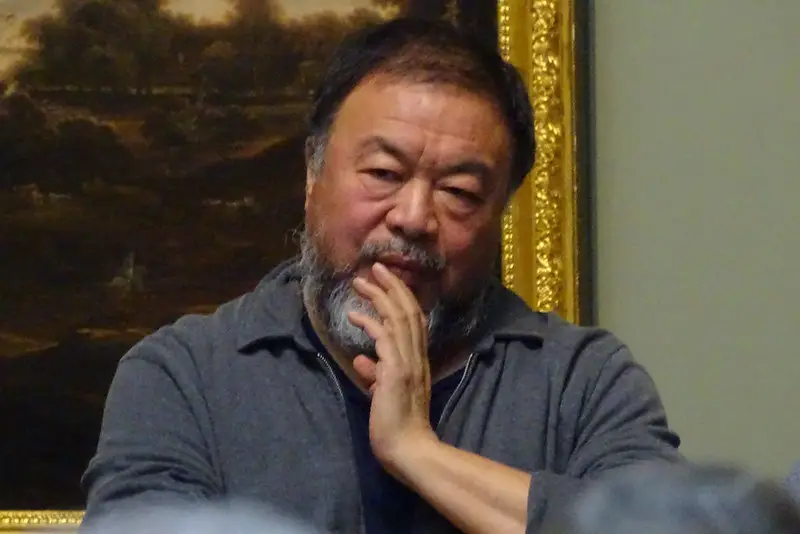
The headquarters of China’s planning agency, the National Development and Reform Commission is evidently surrounded by gift shops. It is an overt indication of bribery that citizens enter the building with bags in their hands.
Just like when Jiabao, the former prime minister, some politicians are thought to gather wealth through bribery.
Jiabao, who was not raised in a wealthy family, while was the son of a pig farmer and his mother was a teacher. However, his family made fortune while he was a trending politician, worth 2.7 billion dollars.
Although Chinese politicians try to do their best to control certain aspects of their lives, Chinese people were insisting on making their choices on their own.
Chapter 10 – In modern China, people are converting more and more individualized.
Chinese people described themselves, as we see in the lyrics of their older popular songs, as above concerning the groups they belonged to.
However, China’s youth generation is becoming more individualistic.
The people born since the 1980s are called the “Me Generation”.
Unlike their grandparents, young Chinese people rely on their own subjective experiences and they are keen on making choices on their own.
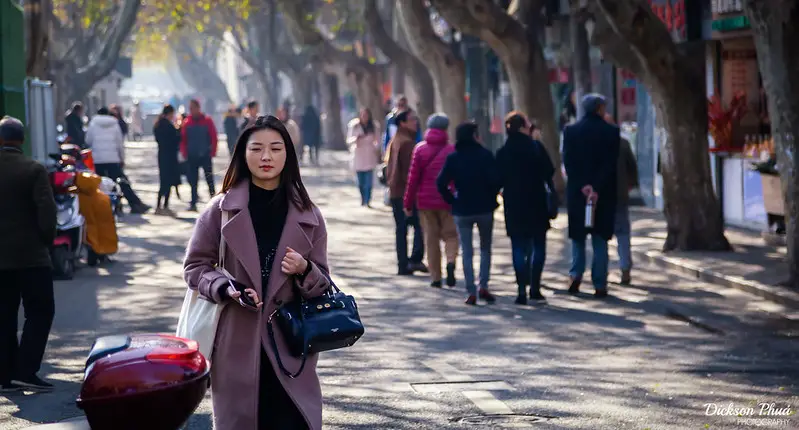
We can see a clear example of this individuality in the young author’s, Han Han, autobiographical novel Triple Door in which the school’s insistence on uniformity is criticized with the writer’s personal experiences. This novel went viral and was sold more than 2 million copies.
So where does this individualistic lifestyle actually originate from? Most probably it came with the increasing freedom of choice of people in China, such as Me Generation’s opportunities to work in their own jobs rather than collective.
Unlike traditional Chinese people who had married through local matchmakers, or with the arrangement of elderly people, the Me Generation has a totally different lifestyle, where they can choose or make choices regarding their life partners.
However, this freedom of choice to make decisions about whom to choose as a life partner did not extend beyond heterosexual couples.
Chapter 11 – Communism’s elimination of faith systems issued a spiritual void that the Chinese people are still trying to fulfill.
In 1966, Mao’s Cultural Revolution banned all customs or tried to wipe out especially religious beliefs.
Before China accepted communism, there was more than one religious’ belief. For example, so many people were Buddhists, and some were Daoist’s.
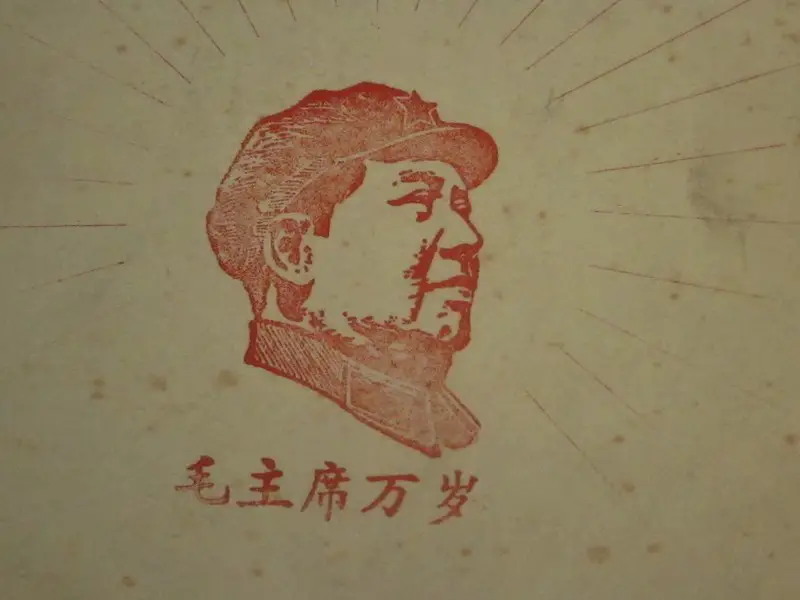
However, with the emergence of communism, communist people fought religious beliefs. At Mao’s command, the Red Guard destructed temples and all religious objects and interestingly he was seen as a god.
The media announced him as “Let Mao Zedong’s thoughts control everything” on their covers and even his book of quotes was seen to have magical powers.
People confessed their sins in front of his statues and made wishes as if they were sacred places. Things turned out in a strange way in 1968 when a Pakistani delegation gave him mangoes and he re-gifted them.
After the death of Mao in 1976, the temples were re-built, and China has gone to its old times when there were once many religious beliefs coexisted.
Age of Ambition: Chasing Fortune, Truth, and Faith in the New China by Evan Osnos Book Review.
Although Chinese people have so many opportunities regarding freedom of choice, it doesn’t count when it comes to politics. As the people get individualistic day by day, the government’s totalitarian approach causes greater tensions.
Try Audible and Get Two Free Audiobooks
